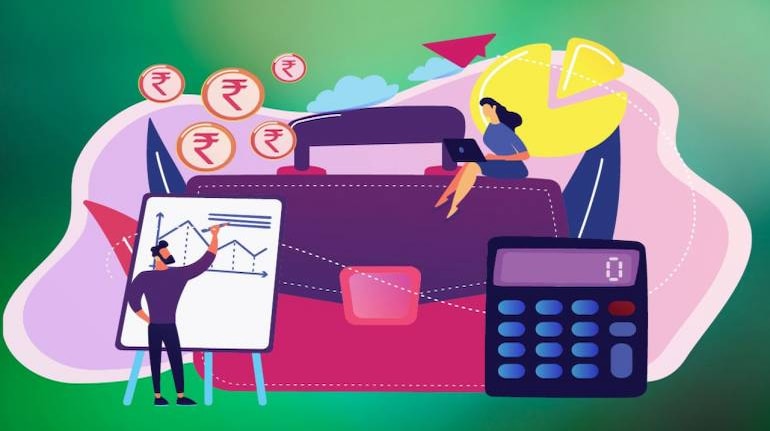Discipline, along with goal-setting, small investments and the power of compounding will put you on the path to financial freedom very early in your life .
When speaking of personal independence, what do you think of? To do as you wish and spend as you like without caring for the consequences? Or having a roof over your head, being free from debt and having enough to live out old age healthy and happy? If it's the latter, then here are some simple learnings from my youth that I would to share with you this Independence Day.
The first lesson I learned was the power of "small and regular". When we begin working, we often think that after living expenses (and I include leisure activities in that) there is hardly anything left to invest. But I've learned with age that even the smallest investment makes a huge difference — if you start early and stick to it regularly. The legendary Vithal Mallya began his investment journey as a schoolboy, with the pocket money he saved every month. By the time he was a young man, he had bought a company. Your amount can be Rs 50 saved daily — say by opting for a vada pav instead of a burger — and the pile will accumulate till you have enough to buy mutual fund SIPs, ULIPs or even to start a monthly recurring deposit that can earn you handsome interest over the years.
The second lesson I learned was the power of compounding. We have all been bored by compound interest classes in school — but it could be the one thing that ensures a comfortable retirement or your dream vacation. For example, if you invested Rs 5,000 in a fixed deposit at 6 percent interest compounded annually now, when you are 20, by the age of 60, you will have earned Rs 51,428.
Now combine it with lesson 1 and make it a recurring deposit of Rs 5,000 every month. Your returns at retirement will be a whopping Rs 1 crore! I'm being conservative, but the thumb rule is that the earlier you start and the more regular you are, the better off you are. At an early age your insurance premiums are also smaller. And with mutual funds (which typically give returns higher than deposits), if you opt for your returns to be reinvested, again you gain the benefit of compounding; even if a particular year is bad in the stock market, in the long run (spanning your career), it always pays off.
The last lesson comes from an old folktale. A newly married man was very lazy and earned little money. One night, his father-in-law secretly left a bag with 99 coins outside the couple's house. When the young man found it, t had a psychological effect on him. Why not make the 99 into 100? So he went out to work hard that day and earned a coin. But his mind had already set a new goal — what if I try to make the 100 into 200? And then 1,000 and so on...
The folktale illustrates the principle of incremental goal setting. You may want an iPhone. At your current salary you can't buy it outright, but if you invest a fraction every month, you'll have your iPhone in a year. With similar discipline, you can aim higher and higher — your own car, home, world tour etc. You will also learn to strategise your investment, but that is for another day.
That kind of discipline, along with goal setting, small investments and the power of compounding will put you very early in your life on the path to financial freedom.
Happy Independence Day!
(The author is a qualified Chartered Accountant and Company Secretary, and has his own non-banking finance company, Mentor Capital Limited, with a vision of creating a niche financial services entity. He is a first-generation entrepreneur with experience of more than 25 years in the field of Project Financing, Loan Syndication, and Investments. He also as an experience of almost 20 years in the financial services and capital markets with major focus on investments in mid and small sized companies, real estate projects and Lending business.)







